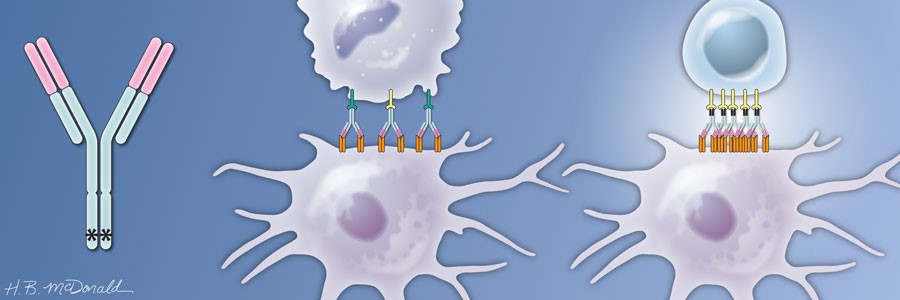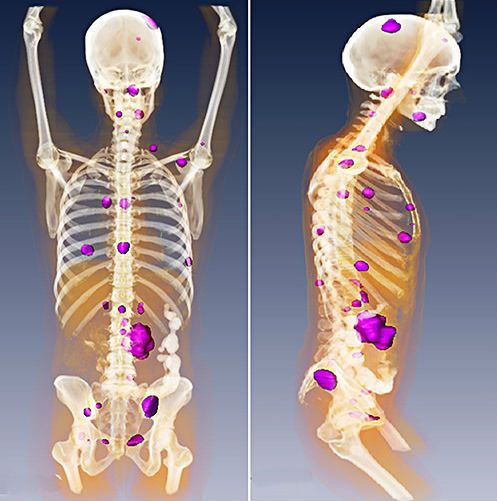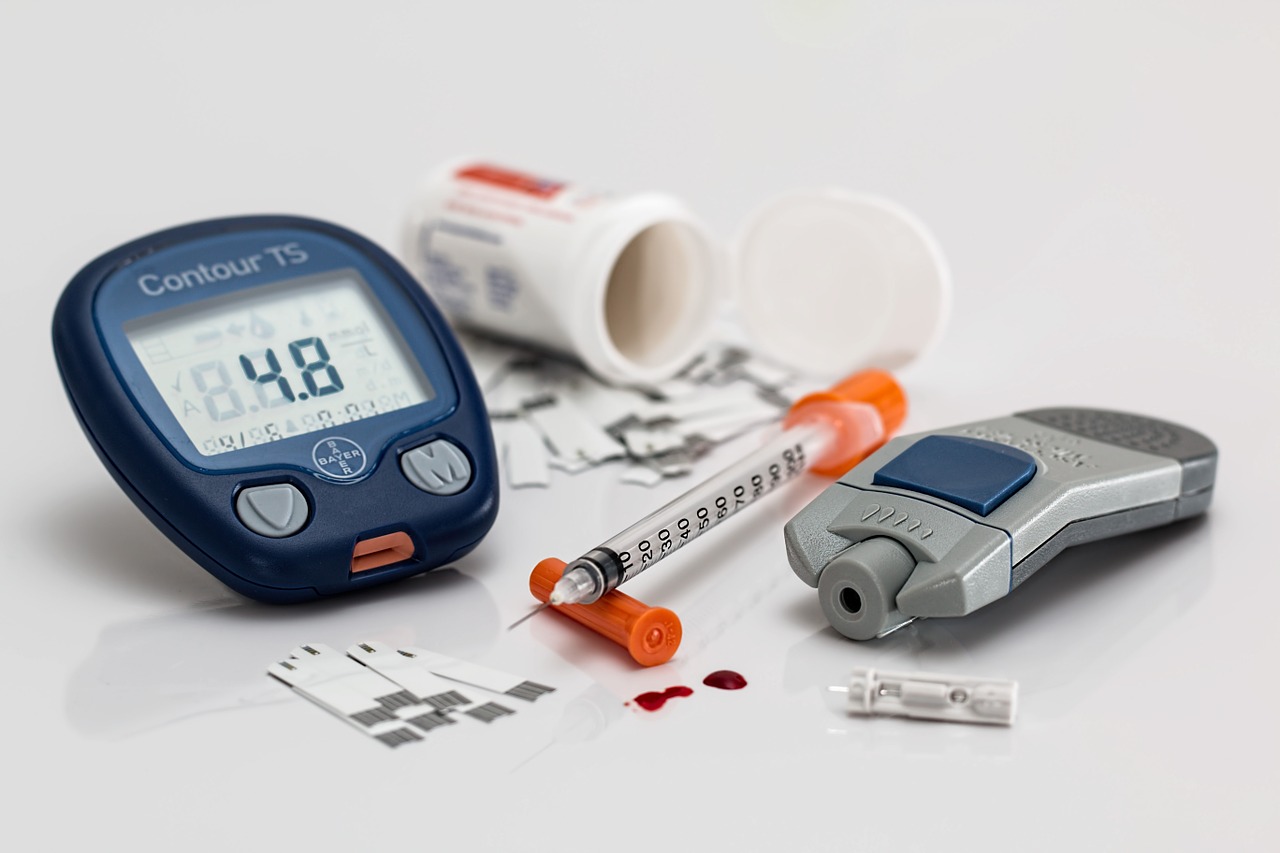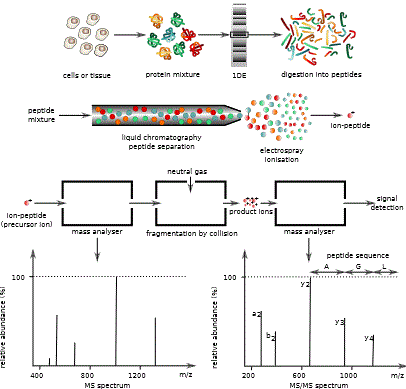Optimizing Anti-Tumor Therapies with Engineered Antibodies
A type of immunotherapy uses antibodies that activate the TNF receptor family member CD40 on immune cells. CD40 is present on antigen-presenting cells (APCs) of the immune system and is activated by surface-bound proteins called CD40L. Activation of CD40 on APCs stimulates these cells to take up and display antigens to T and B cells, … Read more





